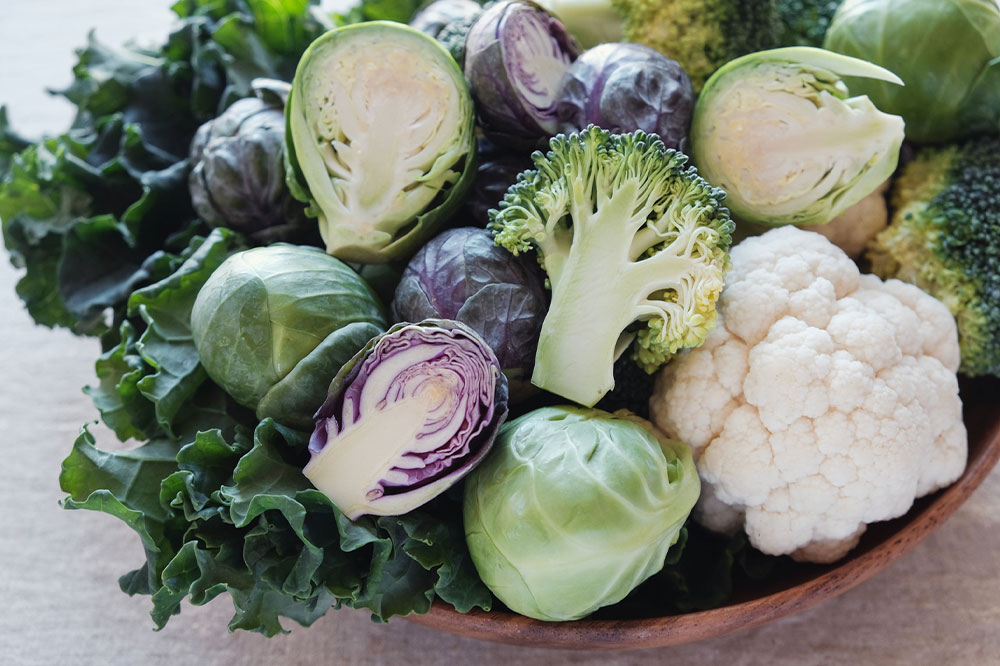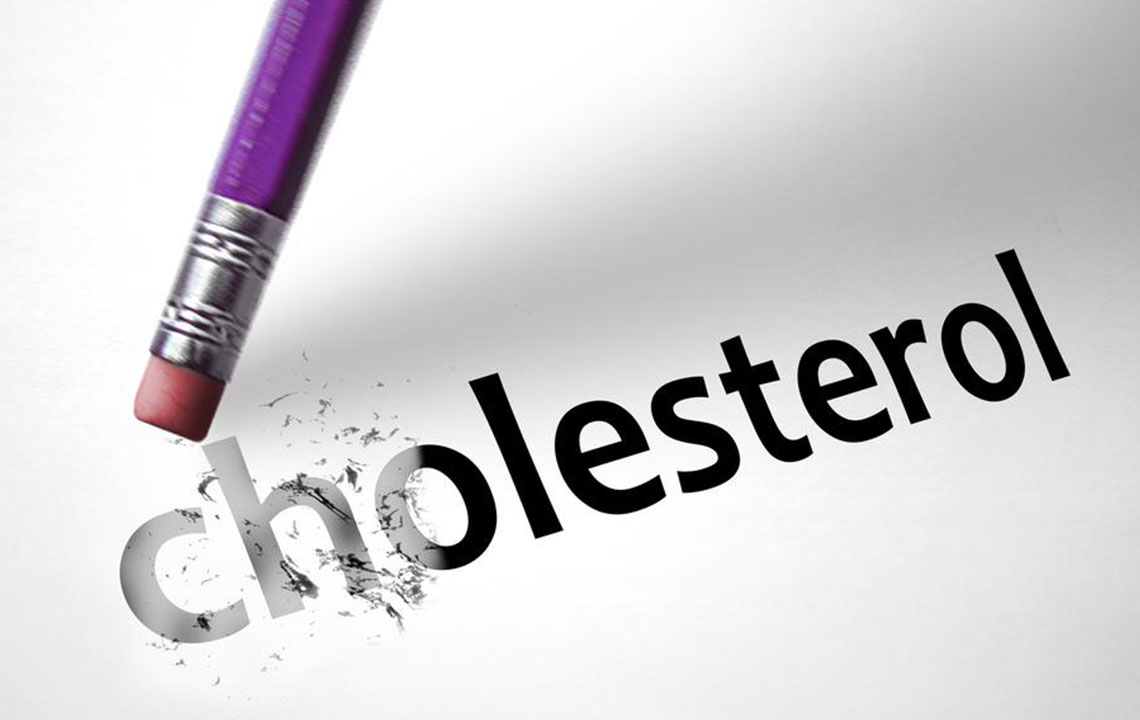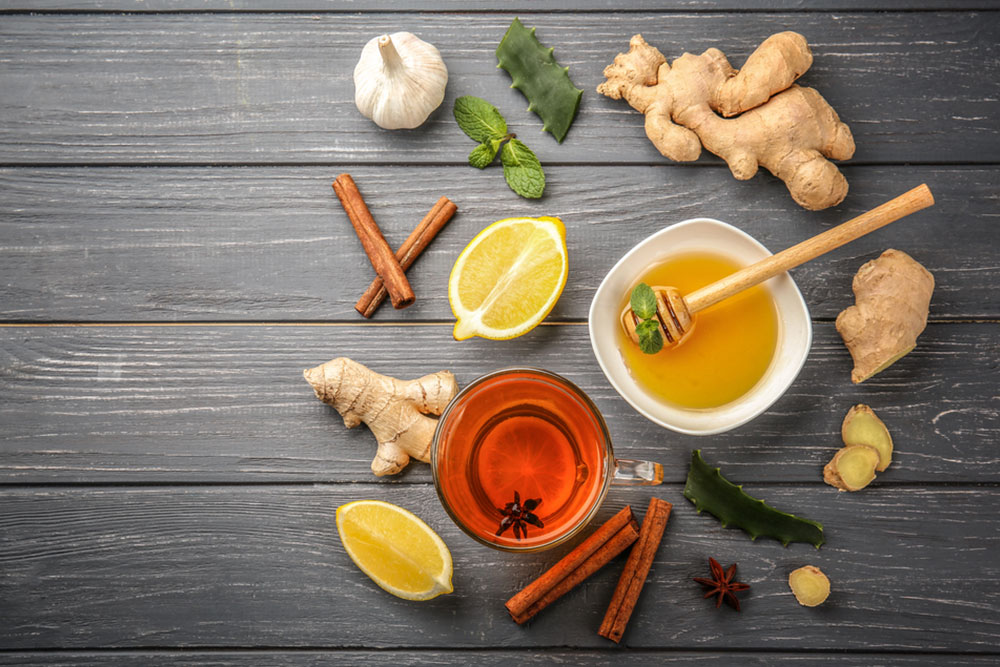Managing Flare-Ups in Ulcerative Colitis: Tips and Treatments
Discover effective strategies for managing ulcerative colitis flare-ups, including dietary changes, stress reduction, and natural therapies. Learn when to consider medical treatment or surgery, and how complementary remedies like herbs, probiotics, and acupuncture can support remission. Always consult a healthcare professional before trying new treatments to ensure safety and effectiveness.

Managing Flare-Ups in Ulcerative Colitis: Tips and Treatments
Ulcerative colitis (UC) is a persistent inflammatory disease affecting nearly one million individuals nationwide. It involves inflammation of the colon and rectum lining. Research indicates that high-fat diets, along with specific ethnicities like Ashkenazi Jews and Caucasians, are linked to increased risk. Although causes remain unclear, environmental, genetic, and lifestyle factors contribute to flare-ups.
Available treatment options
Controlling UC involves various treatments aimed at achieving remission. Medications like immune suppressants, anti-inflammatory drugs, steroids, and rare surgical procedures such as colon removal can be helpful. Surgery is typically a last resort when medications are ineffective. In addition, natural therapies are gaining popularity among patients.
Integrating natural approaches along with medical treatment can effectively control UC. Key strategies include adopting a balanced diet and managing stress.
Diet plays a crucial role in UC management. Medical studies reveal that fatty foods may worsen symptoms, so dietary adjustments are essential.
Limit dairy, sugar, greasy foods, caffeine, and spicy dishes to reduce irritation.
Avoid raw vegetables and high-fiber foods that can aggravate symptoms.
Reduce alcohol intake during flare-ups.
Opt for smaller, more frequent meals instead of large servings.
Stay well-hydrated by drinking plenty of water, and seek professional dietary guidance.
Stress management is vital as psychological stress can trigger or intensify UC symptoms.
Engage in light exercise regularly to help ease tension.
Practice relaxation techniques such as yoga, meditation, or deep-breathing exercises.
Consider biofeedback therapy to lower muscle tension and heart rate.
Complementary and alternative medicine (CAM) offers additional relief options.
Probiotic supplements may support gut health.
Incorporate anti-inflammatory spices like turmeric (curcumin) into your diet.
Herbs such as ginger, parsley, rosemary, and sage can help reduce inflammation.
Aloe Vera gel and fish oil are known for their anti-inflammatory properties.
Acupuncture may also assist in managing flare-ups.
While natural remedies can be beneficial, always consult a healthcare professional before starting any new treatment, as side effects or interactions are possible.
Important notice: Our articles offer helpful insights but are not substitutes for professional medical advice. Always seek expert opinion for diagnosis and treatment decisions. We do not assume responsibility for information inaccuracies or unlisted offers.










